Grade K – 2
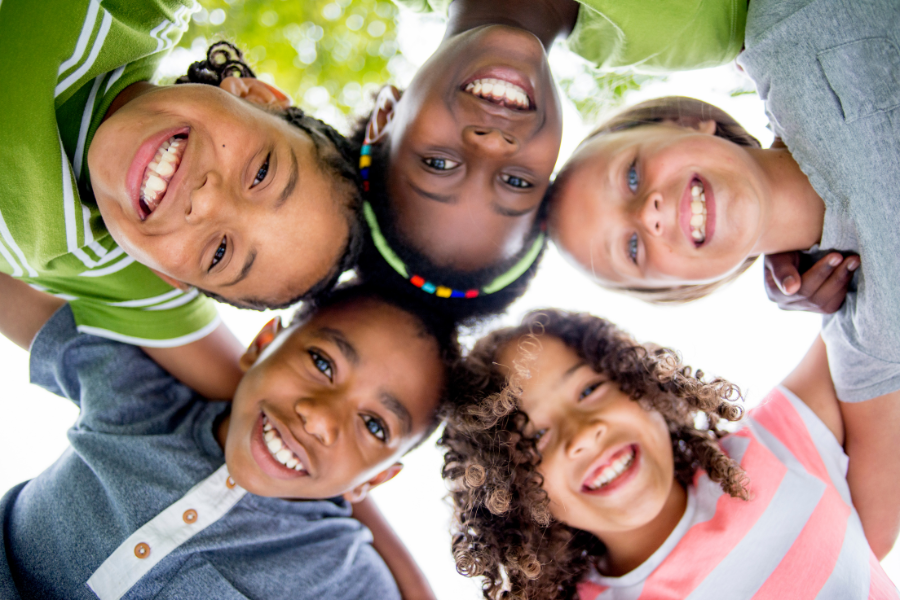
Lesson 1
Form a circle and hold hands. Look at the person on each side of you. How would it feel if someone was left out of the circle because of how they looked or talked?
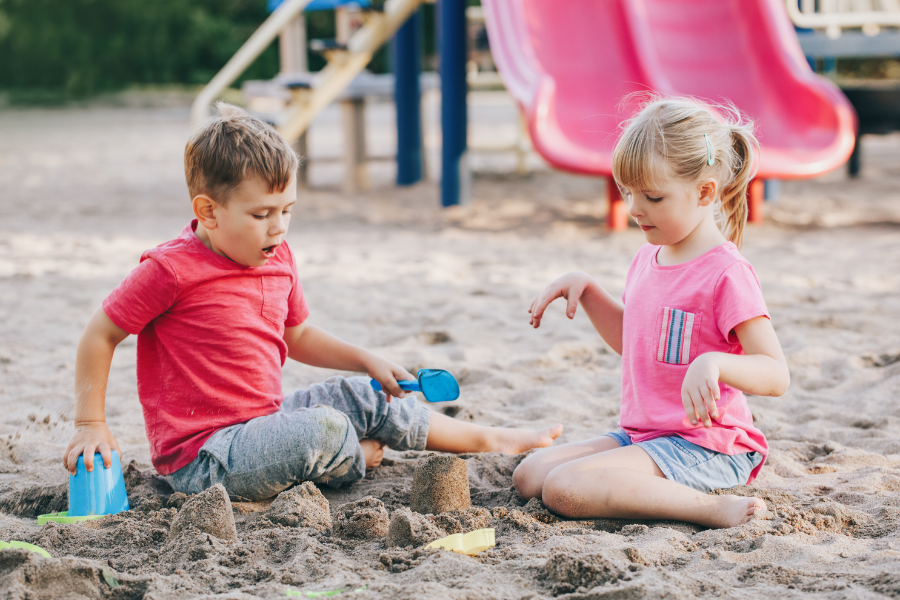
Lesson 2
You and your friends are on the playground building a city in the sandbox. A new student joined your class that day. She has on clothes that are too big, and no one sat with her at lunch time. She looks sad. What would you do?

Lesson 3
There’s a boy on the playground who pushed your friend down and said, “Get out of here, we don’t want to play with you.” Would you help your friend? How?

Lesson 4
You and your family moved to a different city. This is your first day at school. The teacher is annoyed at having another student in her class. No one speaks to you or asks your name. How would this feel? What would you do? As a class, make a list of how to welcome a new student to your school.
Grade 3 – 5
For any child, life during the Holocaust was filled with fear. As a child in Amsterdam, a city occupied by German soldiers, Anne Frank and her family hid in concealed rooms behind a bookcase in the building where her father worked. Eight people lived in this small space for two years. They risked being persecuted and sent to concentration camps because they were Jewish. Anne documented her life during that time in a diary from 1942-1944.
In 4 small groups, choose from the following ideas, one per group:

Lesson 1
Step into Anne’s shoes and imagine what daily life was like. How did the family get food? What did they do with their time? Do you think they were afraid? Discuss.
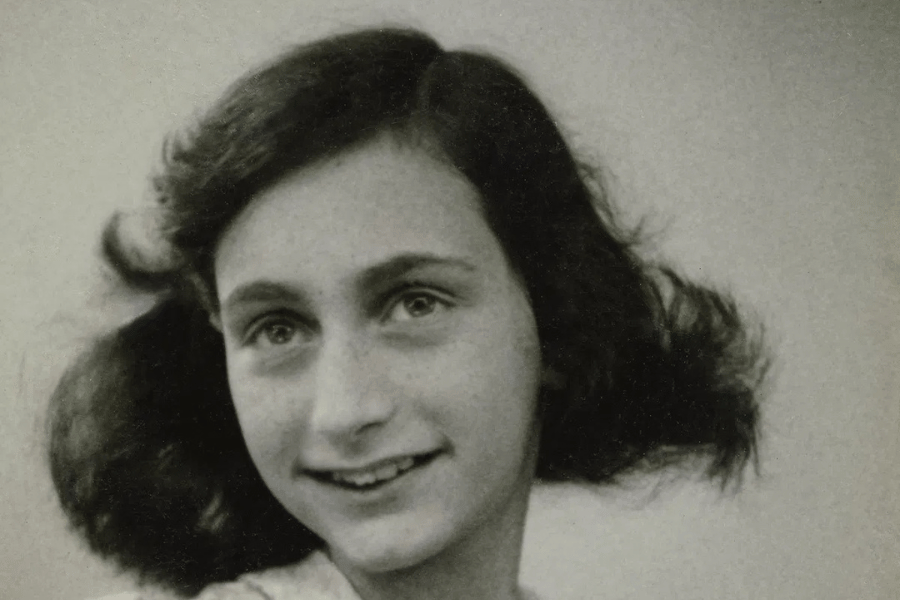
Lesson 2
Would you have helped Anne and her family? Why or why not? How would you have helped them?
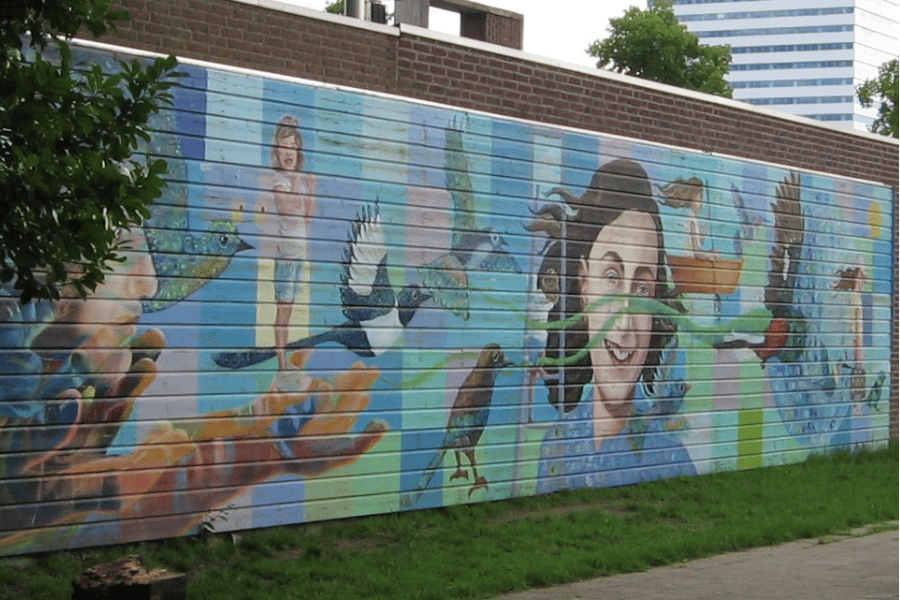
Lesson 3
What do you think might have happened to Anne and her family? Look this up on a student phone or through the teacher.
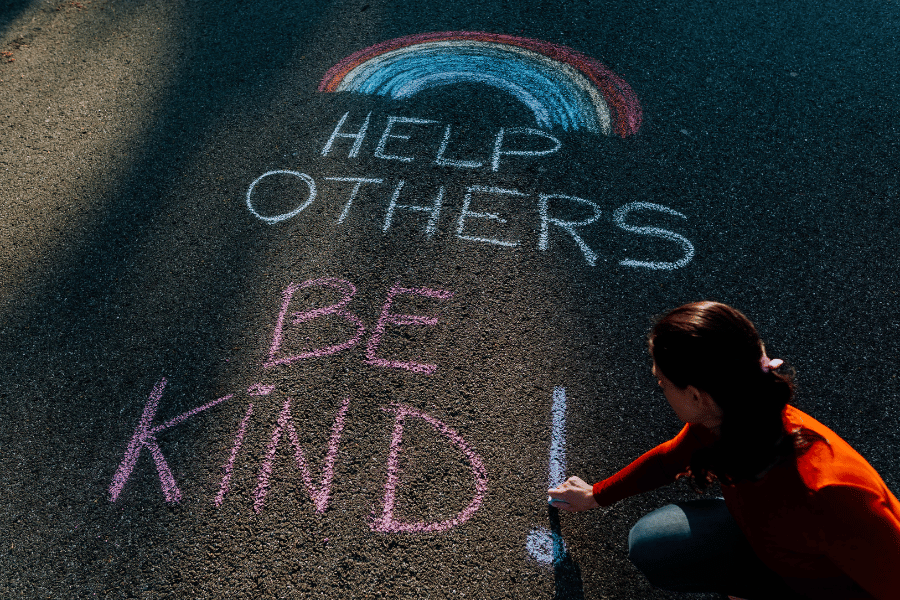
Lesson 4
Some people were afraid to help Jewish families and did nothing to support them. (bystanders) What would you say to persuade people to help?
Grade 6 – 8
If You Were There
Discuss the following with a partner:
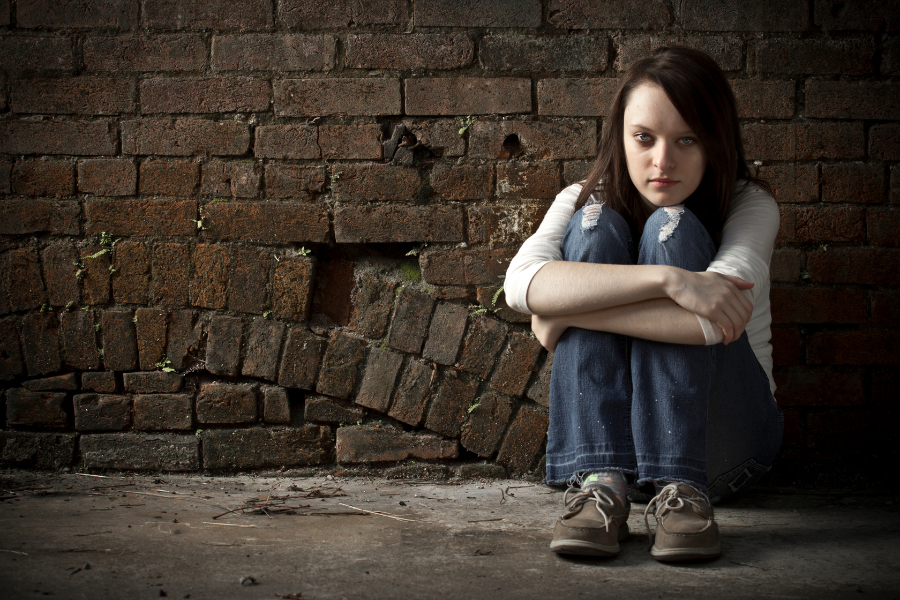
Lesson 1
You are the student who suddenly has to report for attendance 3 times each day. Someone pushed you to the ground on your way home from school. Then, you were suddenly expelled from school with no explanation. How would you feel? Who could you talk to? Who could help?
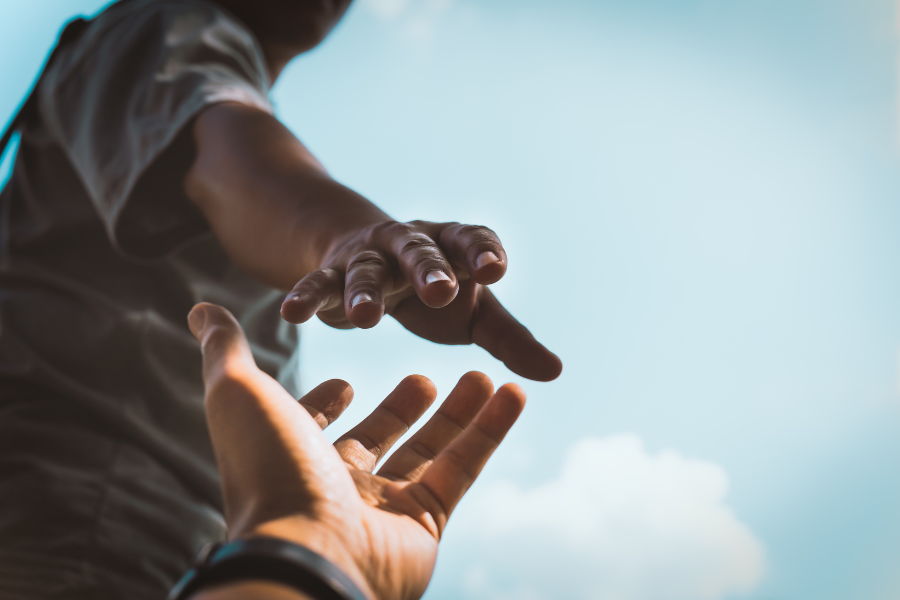
Lesson 2
You are close friends with a student who is being pushed in the school hallways and told to go back to where he/she came from or else. What action would you take to help and support your friend?

Lesson 3
The hypothetical scenario in the video was the reality for over 1.5 million Jewish children during the Holocaust. Nearly all of them were killed by Nazi soldiers, kids who were just like you. What are three specific actions you can take to ensure this never happens again?
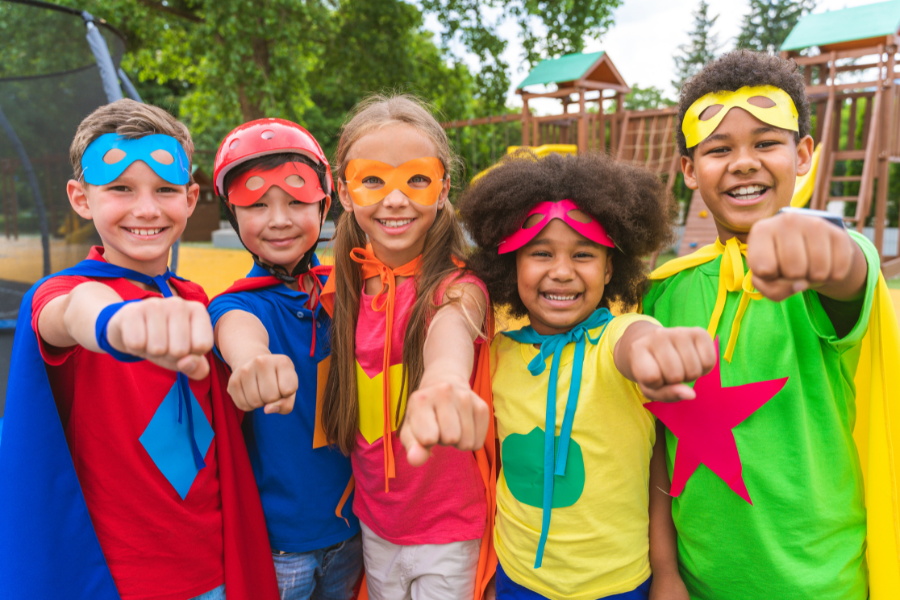
Lesson 4
We live in a multicultural society in the United States. And still, Jewish people and others are attacked for their religious beliefs and/or their race. As young people, how can you have an impact in your school and neighborhoods so everyone feels included and safe?
Grade 9 – 12

Lesson 1
Use your phone to find out how many children/young people like you perished in the concentration camps during World War II. Put yourself in their shoes and make a list of what they missed in dying so young? How can you take action in your school to advocate for safety and inclusion, regardless of religion or race? Share with a friend.

Lesson 2
Think about your school community. In the 1970s, a high school north of Houston had very few Jewish, black, Hispanic, or Asian students. Those who were there stayed together in small groups and didn’t interact much with whites. Do you have friends from religious, ethnic, or cultural backgrounds different from yours? If not, why? What action can you take to include others who are different from you?
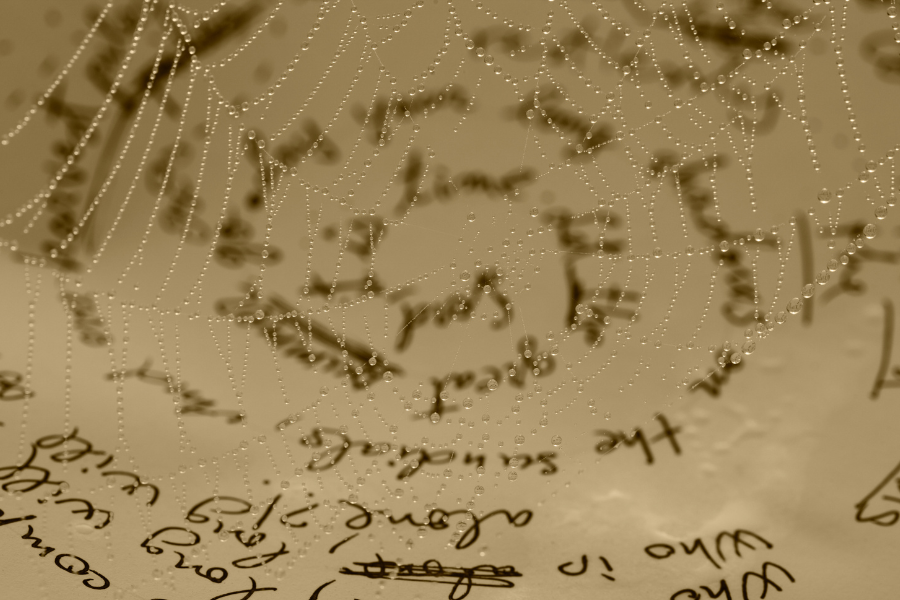
Lesson 3
On your phone, write a poem about the importance of learning from the mistakes of the past.This can be in any form (rap, song, prose poem, etc.) How does this idea apply to you and your life right now? Share with someone in your class you don’t know very well.
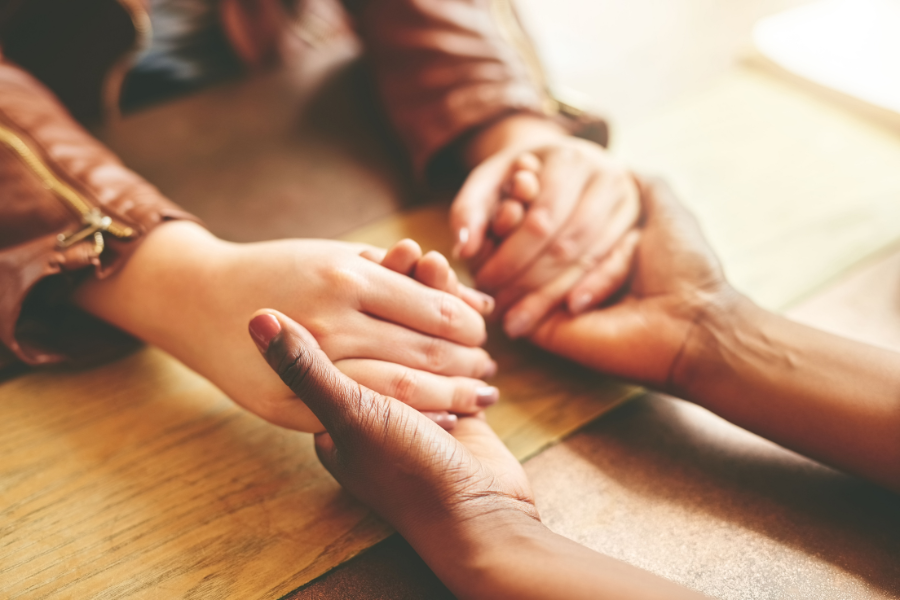
Lesson 4
Think about a time when you felt misunderstood, left out, scared or hurt. Use your phone to write about this moment. Who did you talk to about it? Was the problem or issue resolved? How can we be sure that people different from ourselves will not be marginalized?
COMING SOON!
Watch the Exhibit come to life
